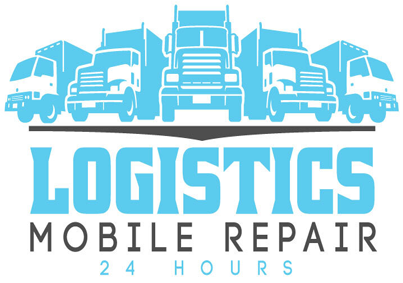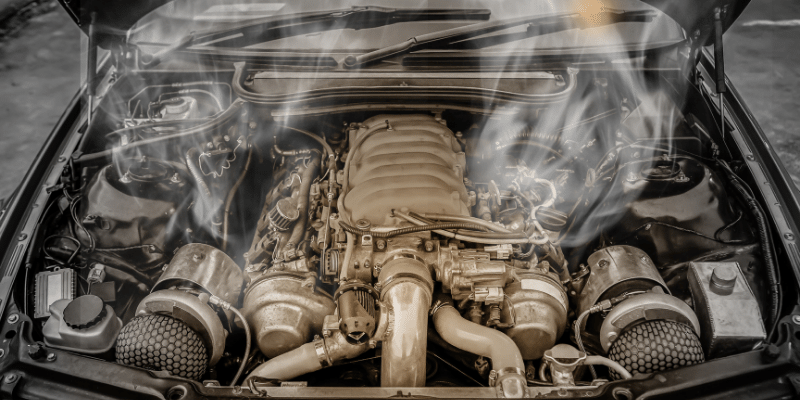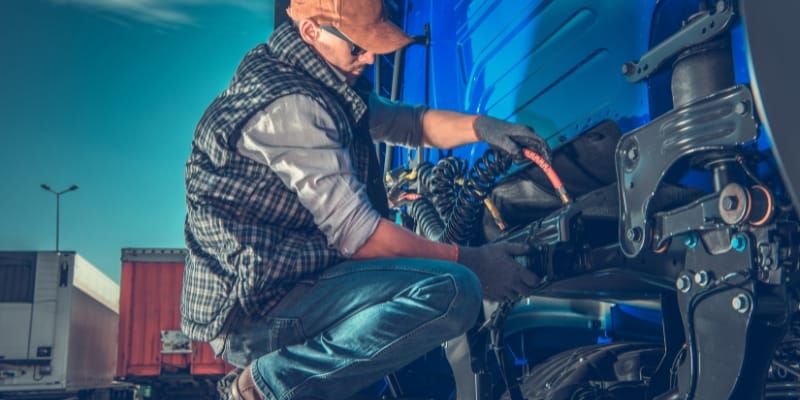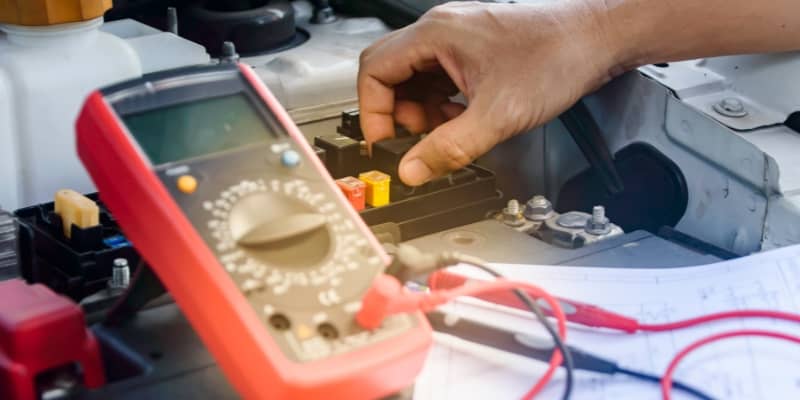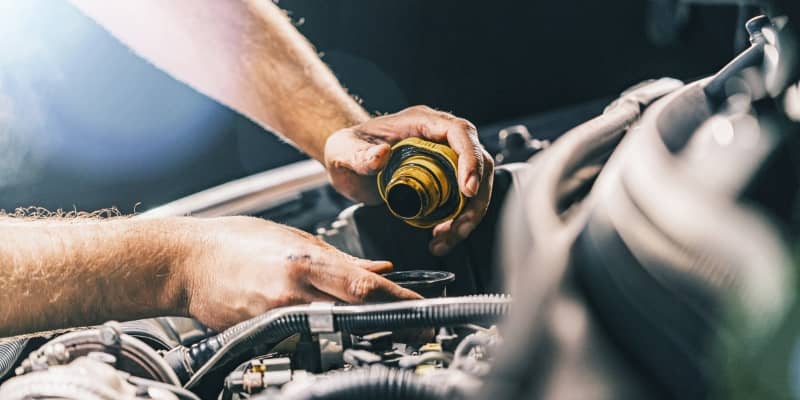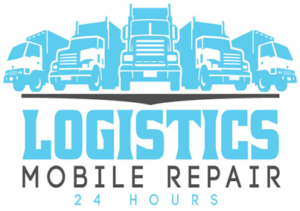If you have an overheating truck, it’s important to take action right away. The longer you drive an overheating truck, the more damage it will likely do to the engine, so don’t waste any time getting it looked at by professionals and making repairs or replacements when they’re needed. Here are some steps you should take if your truck is overheating.
1. Check Your Coolant Levels
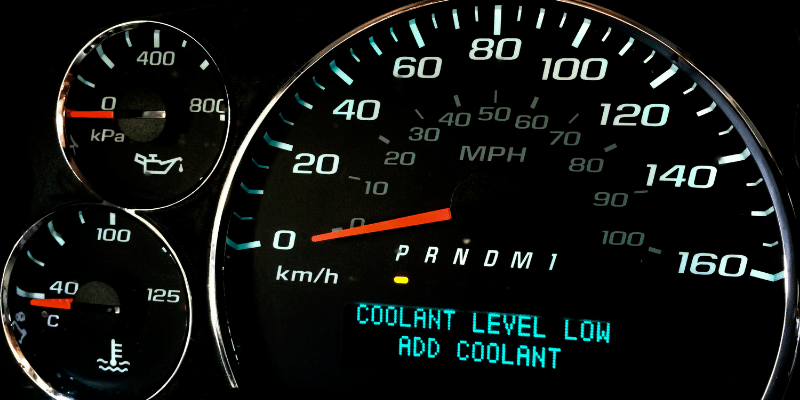
If your truck is overheating, it is important to check the coolant levels first. If the coolant level is low, add more. You can get a coolant jug from any auto store or gas station. If there are no leaks and the coolant level is full but still overheats, call a tow truck and take it to your local mechanic for inspection. In the meantime, turn off the truck as soon as you see signs of overheating. Allow time for the engine to cool before restarting so as not to cause damage.
2. What Does It Mean to Overheat?
If your truck is overheating, it could be due to a variety of different reasons. The first thing to check is the coolant level. If the coolant level is low or empty, then fill it up with water and add some coolant until it reaches the correct levels. You might also want to check your radiator hose for any cracks in the hose or leaks. These are a few easy fixes that might fix your problem right away. However, if this doesn’t work, there could be something more serious going on with your truck’s engine like a blown head gasket, which can cause some very expensive repairs.
3. Not Enough Oil
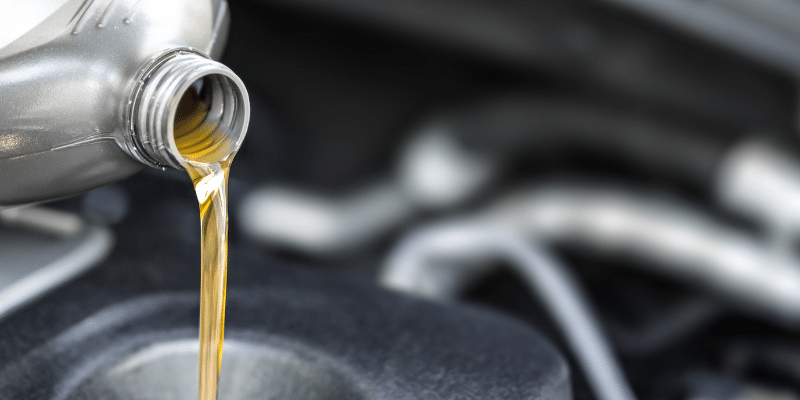
If your engine is running hot, the first thing to do is turn off the engine and find a safe place to park. Once the engine has cooled down, check for leaks and inspect for any blockages or obstructions in your cooling system. Next, check your oil level. If it’s low, add new oil to replace what was lost. Make sure there are no obstacles blocking air from getting into the radiator. Turn on the vehicle and allow it to idle until all warning lights go out. Slowly drive around until you can bring it back home to give it more time to cool down before shutting off again.
4. What to do if Your Truck Overheats
A truck that is overheating is a serious issue. There are some steps you can take to try to remedy the problem before it becomes worse. The first step is to check the engine temperature gauge on your dash and make sure it’s not pegged in the red zone, as this could be caused by a faulty sensor or a bad water pump. If it’s not, then most likely something else is wrong with your cooling system and not just simple overheating. To fix this, turn off the engine and let it cool down for many minutes before trying again. After checking all of these things and none of them work, then unfortunately your vehicle will need professional assistance to figure out what exactly is going on with your cooling system.
5. Check Your Water Pump
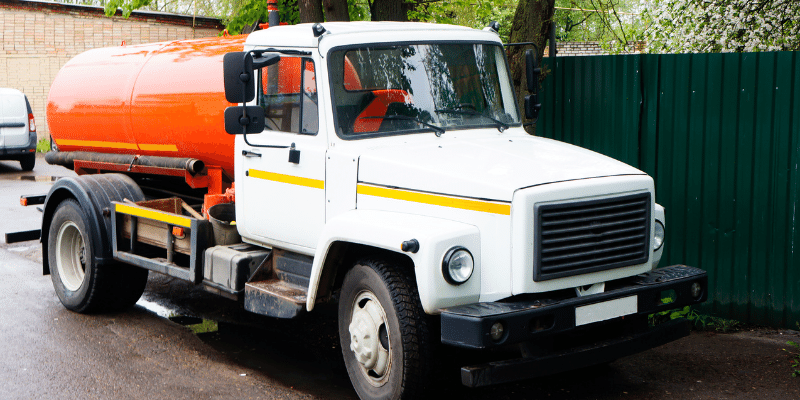
This is one of the most common problems with trucks. The water pump circulates coolant throughout the engine, so a faulty water pump will cause your temperature gauge to shoot up. You can confirm that this is your issue by looking under your truck to see if there are any leaks or pools of coolant. If you don’t spot any, it’s possible that the leak is too small to see or that the coolant has leaked out completely and needs to be replaced.
If there are no leaks under your car, then it’s time for a new water pump. When choosing a water pump, make sure you get the right size and style depending on your make and model. When installing a new water pump, make sure to refill the radiator and change the coolant before turning on the engine again – doing so could save you from having to go through all this again in less than a week!
6. Check Your Fan Belts
The first thing to do is to take a look at your fan belts. If one of the belts snapped, the engine could overheat. Make sure all the houses are connected and in good shape. If they aren’t, then replace them. Check your coolant level and refill it as needed. Check your radiator cap for leaks or rusting and replace it as necessary. Finally, make sure there are no clogs on any of the cooling tubes or hoses in your system because that can cause extreme overheating.
If these steps don’t help, contact a logistics mobile repair.
